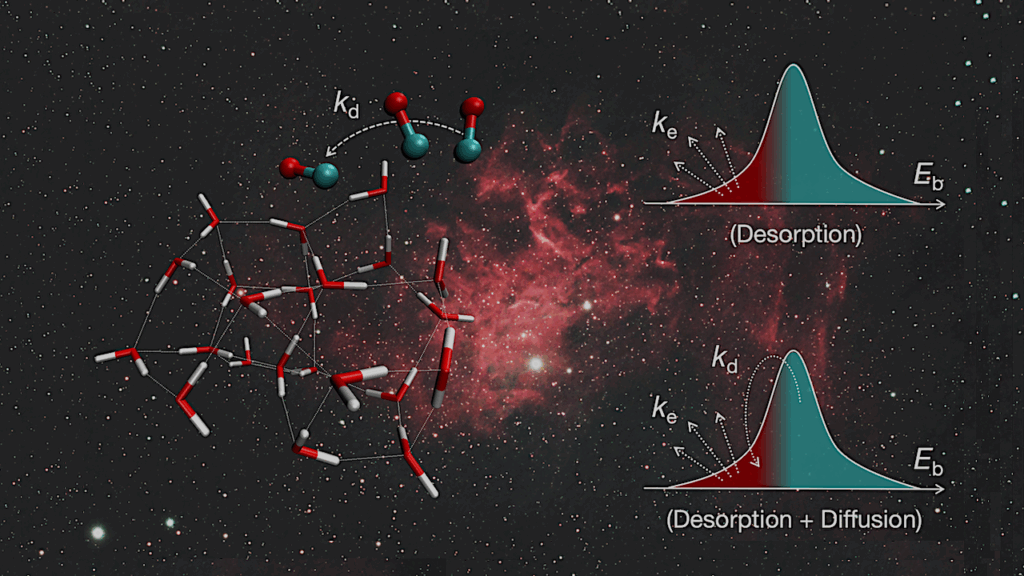Phosphorus From Meteorites Aided Life on Early Earth

Astrobiologists have shown that a key element for life on Earth was likely delivered to our planet on meteorites. Their work indicates that the early Earth was bombarded by meteorites that provided reactive phosphorus. When released in water, this phosphorus could have been incorporated into prebiotic molecules.
The team showed that phosphorus was abundant on Earth 3.5 billion years ago by documenting its presence in limestone from the early Archean. They think the phosphorus was delivered in minerals from meteorites that are not seen on the surface of the Earth. The research was published in the Proceedings of the National Academies of Sciences.
Matthew Pasek, lead author of the study, was formerly a NASA Astrobiology Institute Postdoctoral Fellow at the University of Arizona and is an alumni of the 2012 FameLab Astrobiology event held in Houston, TX. Pasek is now an Assistant Professor of Geology at the University of South Florida.








